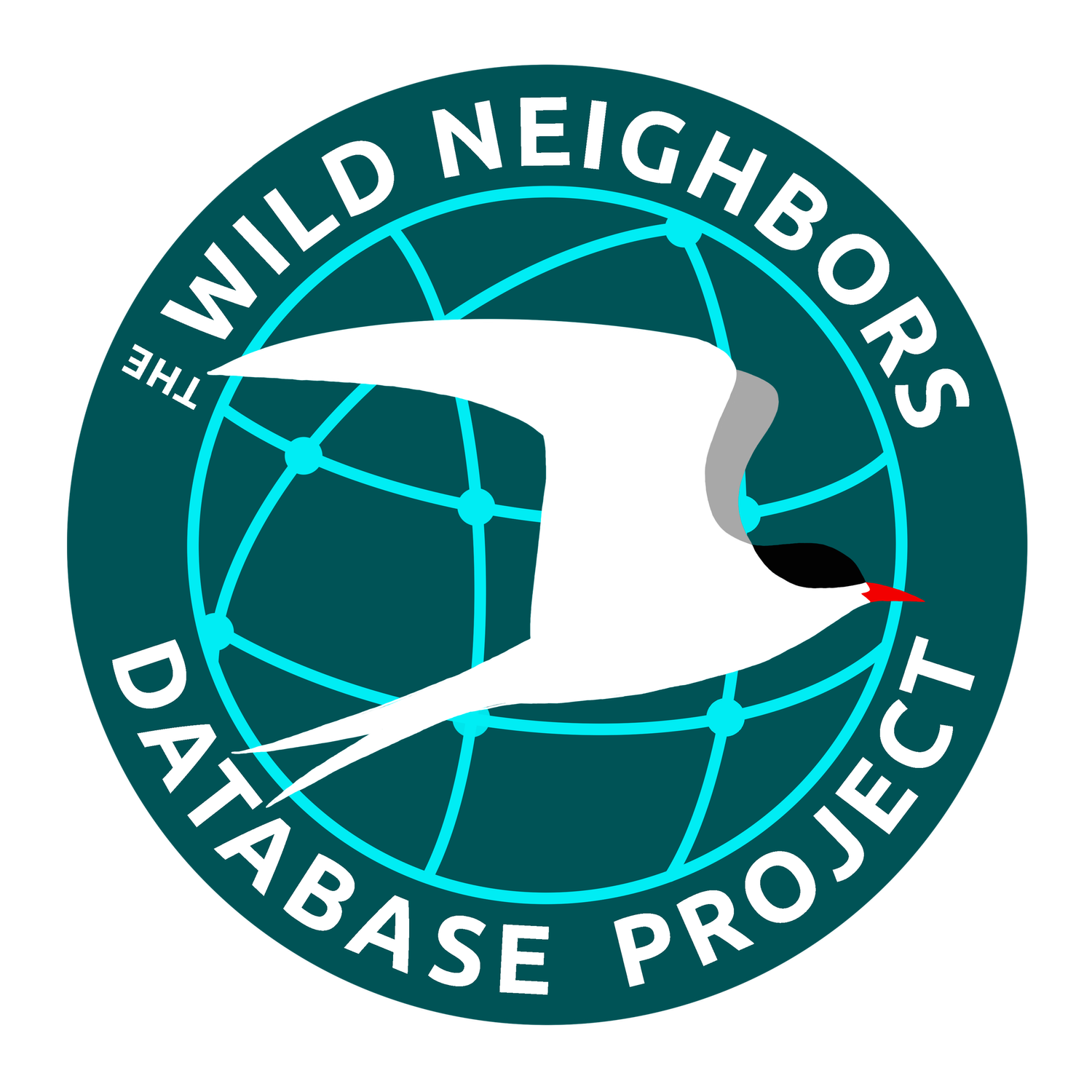Ceto is live!
We are excited to share that our most recent project, Ceto, is now live!
Ceto is a centralized on-line tool for collecting and managing marine mammal health and stranding data. Ceto is named after the primordial sea goddess in Greek mythology.
Ceto is a feature rich platform that facilitates comprehensive data entry. It includes species details, stranding event data and health assessments. With robust analytics, collaboration tools, and secure sharing capabilities, Ceto will empower researchers to analyze trends, generate reports, and collaborate seamlessly while ensuring data security and compliance.
Currently, only organizations within the Gulf of Mexico Marine Mammal Stranding Network are able to use Ceto. However, Ceto was built with the ability to expand and adapt to the needs of other Marine Mammal Stranding Networks across the United States. We hope to be able expand Ceto by summer of 2025. If you are interested in potentially using Ceto, please contact us.
Ceto was developed in partnership with The Wild Neighbors Database Project, National Fish and Wildlife Foundation, National Oceanic and Atmospheric Administration, the Deepwater Horizon Open Ocean Trustee Implementation Group, and members of the Gulf of Mexico Marine Mammal Stranding Network.
Ceto was made possible with funds through NFWF and a Deepwater Horizon restoration project called CETACEAN. The CETACEAN project is being implemented by NOAA on behalf of the Open Ocean Trustee Implementation Group to restore marine mammals injured by the 2010 Deepwater Horizon oil spill in the Gulf of Mexico.
Ceto plans to partner with other Gulf of Mexico cetacean data aggregation platforms currently in development that focus on additional datasets like species abundance and distribution, environmental factors, and anthropogenic hazards to enhance the analytical power of this data. The partners also plan to build on existing data modules to capture other marine mammal health data beyond strandings such as live animal health assessments, and network member effort.

